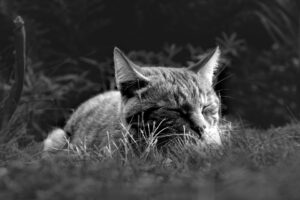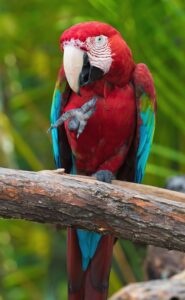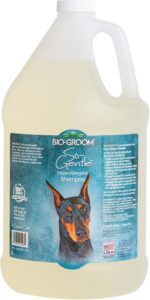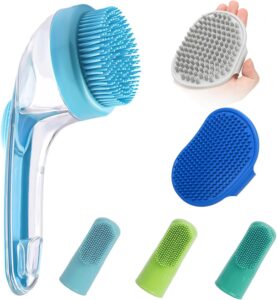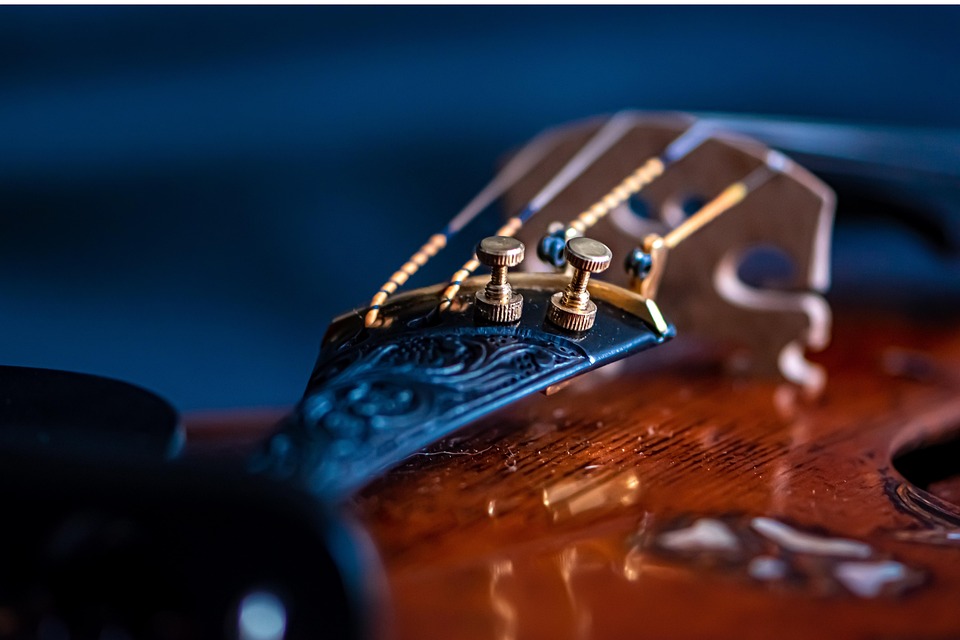
Introduction
Birds are captivating creatures, admired for their vibrant plumage, melodic songs, and the sheer joy they bring to nature. However, bird owners and enthusiasts often encounter a distressing behavior known as feather plucking. This article aims to delve into the top causes of feather plucking in birds, providing insights and understanding to help mitigate this behavior.
Understanding Feather Plucking
Feather plucking, also known as feather picking, is a behavior in which birds pull out or damage their feathers. This can lead to bald patches, skin irritation, and even infections. It is essential to comprehend that feather plucking is not a disease but a symptom of underlying issues.
Why Feather Plucking is a Concern
Feather plucking not only affects the physical appearance of birds but also indicates potential health or psychological issues. Addressing the root cause is crucial to ensure the bird’s well-being and quality of life. Left unchecked, feather plucking can lead to severe medical complications and a decline in the bird’s overall health.
Top Causes of Feather Plucking
1. Medical Causes
Medical issues are among the primary reasons for feather plucking. Birds may pluck feathers due to discomfort or pain caused by underlying health problems. Common medical causes include:
- Skin Infections: Bacterial, fungal, or parasitic infections can cause irritation, prompting birds to pluck their feathers for relief.
- Allergies: Birds can develop allergies to certain foods, environmental allergens, or grooming products, leading to skin irritation and subsequent feather plucking.
- Metabolic Disorders: Conditions such as hypothyroidism or liver disease can affect a bird’s skin and feather health, resulting in plucking behavior.
2. Psychological Causes
Birds are intelligent and social creatures, and their mental well-being is crucial. Psychological issues can significantly contribute to feather plucking:
- Boredom: Birds with limited mental stimulation or lack of environmental enrichment may resort to feather plucking as a means of self-entertainment.
- Stress and Anxiety: Changes in the environment, such as a new cage, relocation, or the presence of new pets, can induce stress, leading to feather plucking.
- Lack of Social Interaction: Birds are social animals that thrive on interaction with their owners and other birds. Isolation can lead to feelings of loneliness and result in feather plucking.
3. Nutritional Deficiencies
Proper nutrition is vital for a bird’s overall health, including feather quality. Nutritional deficiencies can lead to poor feather condition and plucking. Key nutritional factors include:
- Vitamin Deficiencies: Lack of essential vitamins such as A, D, and E can cause skin and feather issues, prompting birds to pluck.
- Imbalanced Diet: A diet lacking in variety or essential nutrients can contribute to poor feather health and increase the likelihood of plucking.
4. Environmental Factors
The bird’s environment plays a significant role in its behavior. Certain environmental factors can trigger feather plucking:
- Humidity Levels: Inadequate humidity can lead to dry skin, causing discomfort and feather plucking.
- Lighting Conditions: Improper lighting, either too much or too little, can disrupt a bird’s natural rhythms and contribute to stress-related feather plucking.
Preventing Feather Plucking
Address Medical Issues
Regular veterinary check-ups are essential to identify and treat any underlying medical conditions. A qualified avian veterinarian can conduct tests to diagnose infections, allergies, or metabolic disorders and prescribe appropriate treatments.
Enhance Mental Stimulation
Providing environmental enrichment is crucial to prevent boredom and stress in birds. Incorporate toys, puzzles, and activities that encourage natural behaviors such as foraging and problem-solving. Rotate toys regularly to keep the bird engaged and mentally stimulated.
Ensure Proper Nutrition
A balanced and varied diet is essential for a bird’s health. Consult with a veterinarian or avian nutritionist to ensure the bird receives all necessary nutrients. Fresh fruits, vegetables, and high-quality bird pellets should be part of their diet.
Create a Stress-Free Environment
Minimize stressors in the bird’s environment. Gradually introduce changes, such as new cages or household pets, to allow the bird to adjust. Provide a consistent routine and ensure the bird has a quiet, comfortable space where it feels safe.
Maintain Appropriate Environmental Conditions
Ensure that the bird’s environment has proper humidity levels and lighting conditions. Use humidifiers if necessary, and provide access to natural sunlight or full-spectrum lighting to support the bird’s health and well-being.
Conclusion
Feather plucking in birds is a complex behavior with multiple potential causes. Understanding and addressing the root causes—whether medical, psychological, nutritional, or environmental—is key to preventing and mitigating this behavior. By providing proper care, enrichment, and a supportive environment, bird owners can help ensure their feathered companions lead healthy, fulfilling lives. Remember, if feather plucking persists or worsens, consulting with a qualified avian veterinarian is crucial to developing an effective treatment plan tailored to the individual needs of the bird.
#ChatGPT assisted in the creation of this article.

